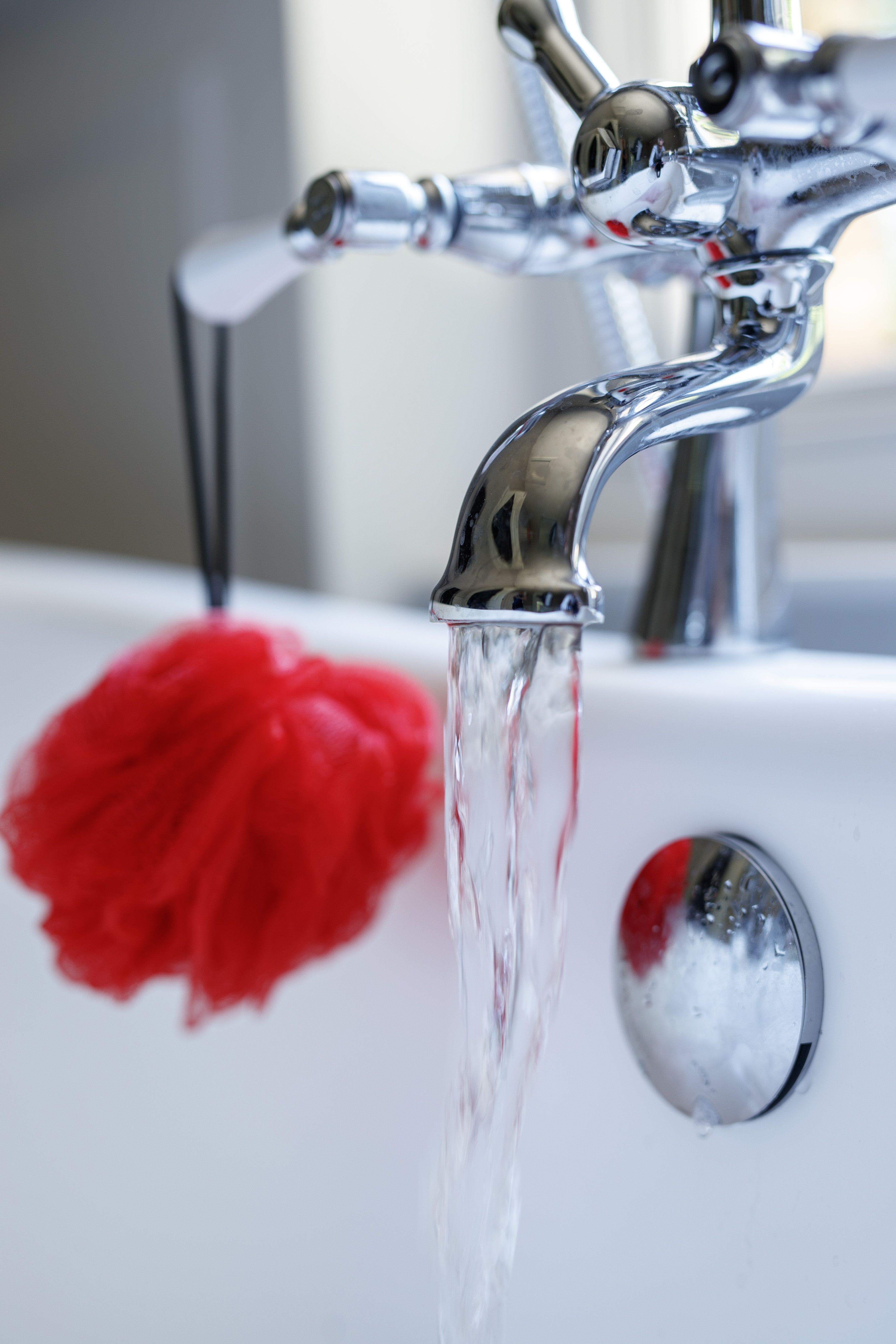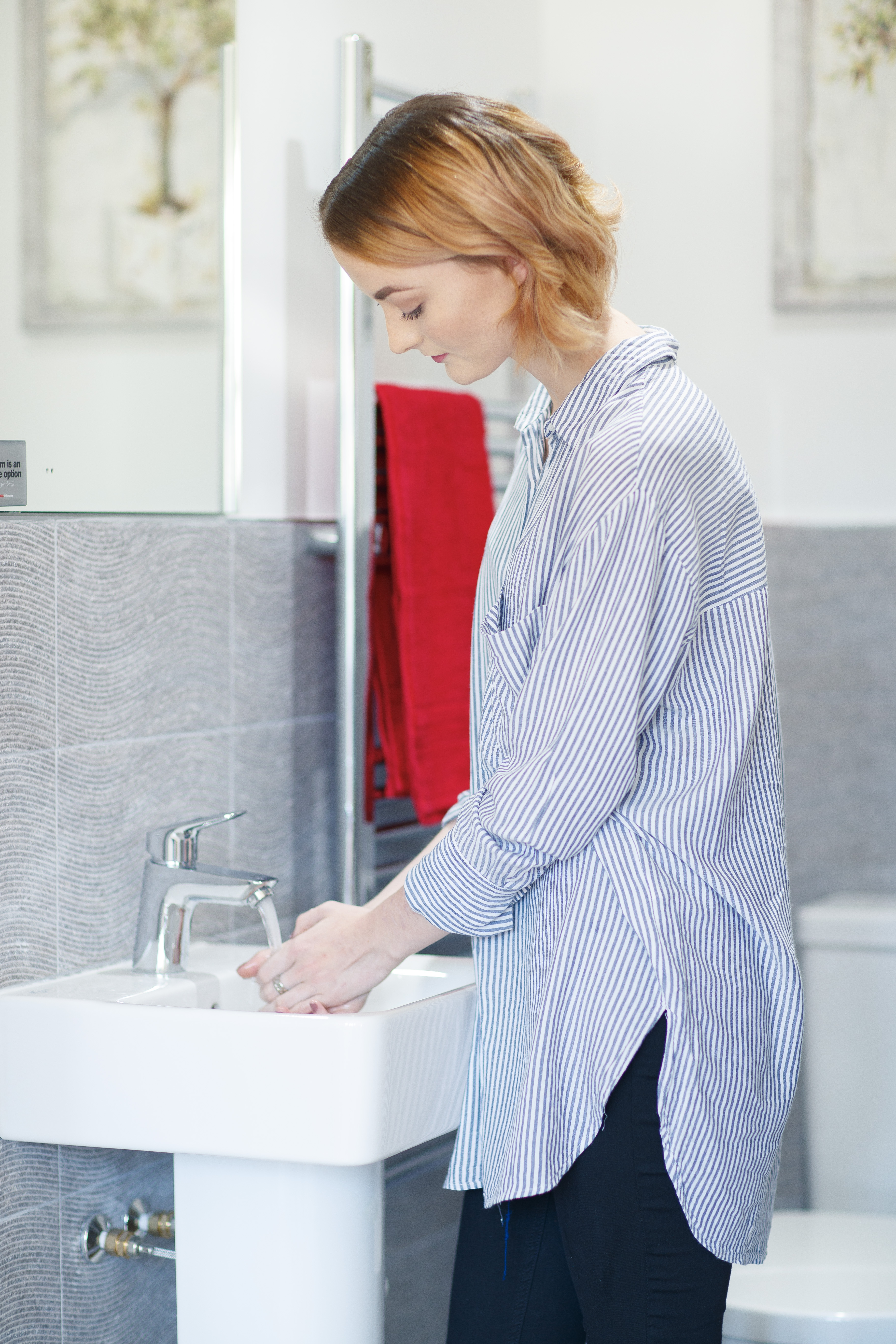 Neil Overton, Gledhill’s UK Sales Director, looks at how to maintain your hot water cylinder and the importance of water treatment to prevent ‘hard water’ damage.
Neil Overton, Gledhill’s UK Sales Director, looks at how to maintain your hot water cylinder and the importance of water treatment to prevent ‘hard water’ damage.
Many homeowners across the UK will be unaware of ‘hard water’ and the damage it can cause to their hot water cylinder and other household appliances. Whilst hard water is harmless to humans it can have a serious impact on the performance and quality of your heating system, creating high energy consumption and expensive running costs.

What is ‘hard water’?
Hard water is water that contains high quantities of the natural minerals calcium and magnesium. When left untreated, these minerals build up over time and cause scale deposits, which we have come to know as ‘Limescale’. Due to the high heat levels within the hot water system, limescale accumulates very quickly within the system and ultimately reduces the lifespan of the unit.
Do you live in a hard water area?
Approximately 60% of homes in the UK are affected by hard water, with the most affected area being the South West. You can now check online if you’re located in a hard water area and take action to protect your appliances. Simply visit United Utilities and enter your postcode.
How do you detect hard water damage?
There are a number of impacts that will highlight the damaging effects of hard water:
- Limescale build-up surrounding the valves and seals of washing machines and dishwashers
- ‘Soap scum’ located on the faucets & taps
- Clogged shower heads reducing shower performance
- Blocked pipework causing leaks
- High energy consumption increasing costs

What can you do to prevent hard water damage?
There are several manufacturers in the UK that can supply you with a water softener/scale reducer to maintain your cylinder’s performance and ensure a longer lifespan. These work to diminish the effect of scale deposits and clogged pipework, enabling maximum efficiency from your household equipment. This ultimately avoids high maintenance costs of regularly replacing shower heads, taps and cylinder components and provides the homeowner with peace of mind.
How does a water softener/scale reducer work?
Whilst a water softener works in a different way to a scale reducer, both work to control the scale and corrosion within the heating system.
Water softener
A water softener works to reduce the damaging effects of calcium and magnesium minerals by exchanging them for sodium. To do this, it contains beads that carry negative charges which attracts the magnesium and calcium ions that carry positive charges. These ions are then captured within the water softener and replaced with sodium to produce soft water. This is called ion exchange. Most water softeners require cartridges to be changed every 12 months to ensure efficient performance, which can be done by your engineer when you book an annual service.
Scale Reducer
A scale reducer uses a different method to reduce limescale damage. Rather than a chemical procedure the scale reducer changes the mineral deposit physically. Calcium and magnesium deposits have a irregular and jagged shape, making them easy to attach themselves to pipework etc. In changing the mineral’s formation to a circular shape, this enables it to pass through the water easily, preventing it from attaching itself to the pipework and causing limescale build-up. Most scale reducers are provided with a ten year warranty and promise whole house protection.
Who can help?
If you wish to seek further advice or need assistance in deciding what water softener/scale reducer is most suitable for your home Gledhill can help. Just give our technical team a call on 08000 427 427 and we’ll be happy to assist you.
Find out more on our technical team here.
